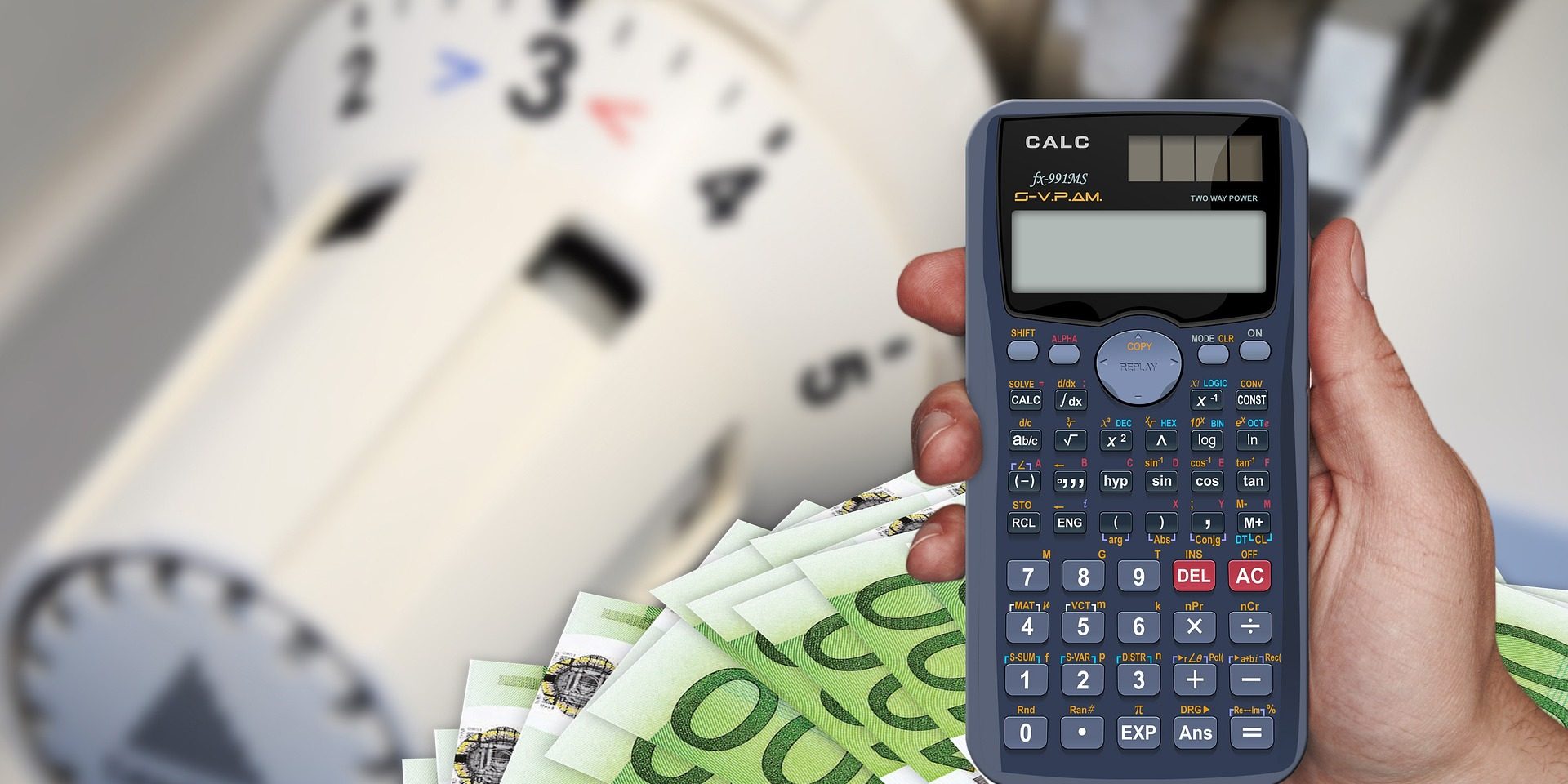As we make our way through fall and slowly but surely head toward winter, we look forward to spending more time in the comfort and coziness of our homes, which inevitably means cranking the heating system up! But keeping warm this winter shouldn’t leave you out of pocket. Beyond wearing multiple long-sleeved layers of clothing (which we do suggest!) or keeping your heating on for the shortest time possible, we’ve got some suggestions to help you cut costs while still keeping warm.
To avoid asking “Why are my heating expenses increasing” follow these tips:
Turn Down The Thermostat
Turning down your thermostat by even a couple of degrees can make a significant difference in lessening your heating bill. If you plan to be away from home, turning your thermostat down by five to ten degrees can help increase savings. Lowering your thermostat while you’re sleeping also helps and if you have a smart or programmable thermostat, you can set it to your preferred temperature when you wake up.
Change Furnace Filters
Changing your furnace filter is another simple way to help you save money on your heating bill. Due to the fact that filters clean air throughout the home, having a clean one makes all the difference because it ensures the heating system isn’t having to work twice as hard to distribute warm air through your home. There are usually guidelines as to how often your filter should be changed, so be sure to follow them to not only get more extended use of your heating system but also to save on bills.
Seal Leaky Air Ducts
Over time, the ducts on vent fans are likely to get small leaks that can lead to heated air escaping, which inevitably increases your heating bill. Sealing inefficient ducts with metallic tape or foil-faced fibreglass insulation is an efficient and inexpensive way to retain heat and avoid costly bills.
Remove Obstructions From Heating Vents & Radiators
Altering the layout of your home could help with reducing your heating bill. If vents are blocked by furniture or other items, the efficiency of the heating system decreases as it’s unable to circulate the air through the home, not to mention the fact it’s a fire hazard. Maintaining at least eight inches between air vents, furniture and other objects is recommended.
Close The Doors Of Unused Rooms
If you have multiple rooms in the house, but gravitate to only one or two, in particular, secure the rooms you don’t use – there’s no need to heat rooms you don’t use! Closing the doors to unused rooms can help with diminishing bills and if you deem it necessary sealing doors with a draft blocker or towel can also help. Closing the vents in unused rooms may also be an idea to consider as it will similarly prevent the system from pumping air into areas it won’t be used.
Keep The Fireplace Damper Closed
The fireplace tends to only heat the room that it’s in as opposed to being evenly dispersed throughout the house, which has its advantages and disadvantages (as per the tip above) but the key thing to prevent is hot air from escaping from the chimney – even when not in use. It’s important to keep the damper closed, as well as securing a draft guard.
Let the Light In
Keep the curtains and blinds open on those sunny winter days for a flood of natural light and free warmth! If your home is already warm, you won’t need the heating during this time, but it’s important to remember to cover your windows when night falls to keep the cold air out.
Use Ceiling Fans
Many fans have a reversible setting and switching to this mode (on a slow setting) during the cooler months helps to fan all the warm air that rises back in and around the room.
While it’s true that heating uses more energy than any other system in your home, cutting costs during the colder months is still possible, especially if you implement some of the above tips. Contact Optimal Engineering and see how we can help save your energy costs.







